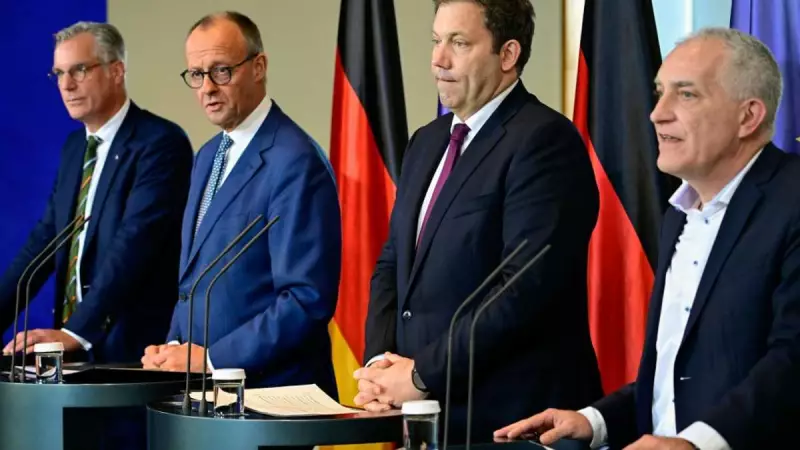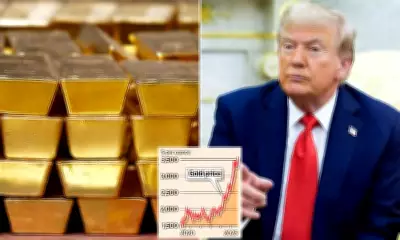
In a significant development for European trade policy, Friedrich Merz, leader of Germany's Christian Democratic Union (CDU), has thrown his weight behind the European Union's emergency plan to shield the bloc's steel sector from surging Chinese imports.
The proposed measures come as European steel producers face mounting pressure from artificially cheap Chinese steel, which many analysts attribute to substantial state subsidies that distort global market prices.
Why This Matters for European Industry
The European steel industry, a cornerstone of the continent's manufacturing sector, has been struggling to compete with Chinese imports that often sell at prices below production costs. This situation has raised alarms about the long-term viability of European steel production and the thousands of jobs it supports.
Merz's endorsement marks a notable shift in German political stance toward trade protection measures. Historically, Germany has been cautious about implementing tariffs that might trigger trade conflicts.
The Broader Economic Context
This move occurs against the backdrop of growing global trade tensions and increasing concerns about overcapacity in China's industrial sectors. The European Commission has been evaluating various instruments to level the playing field for EU manufacturers while remaining compliant with World Trade Organization rules.
Industry representatives have welcomed Merz's position, noting that without protective measures, Europe risks losing strategic industrial capacity that would be difficult to rebuild once gone.
The debate over how to balance free trade principles with the need to protect domestic industries continues to intensify among EU member states, with Germany's position being particularly influential given its status as Europe's largest economy.





